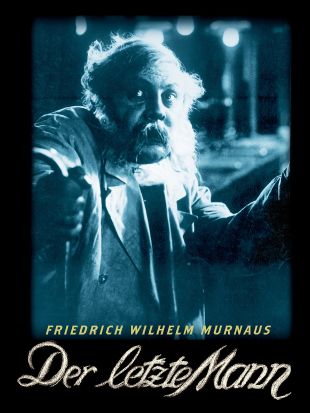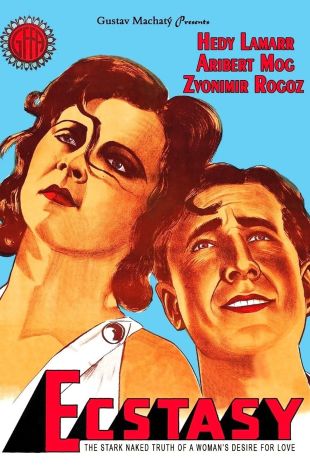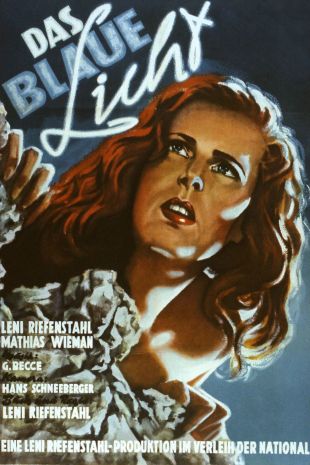Italian by birth, Giuseppe Becce was the first German film composer of significance and one of the first major figures in European film music. Becce took minor instrumental studies at the conservatory of the University of Padua before relocating to Berlin in 1900, taking composition with Leopold Schmidt. In 1910, he tried his hand at operettas in Das Bett de Pompadour, following it with the grand opera Tulia (1912); neither was very successful. In 1913, producer Oskar Messter was looking for a composer for his feature-length film Richard Wagner; as much of Wagner's own music was still under copyright, Messter wanted a score that would imitate Wagner's style without exactly replicating his themes. Becce composed the score for Messter, and as he had a superficial resemblance to Wagner himself, played the title role in the film. Richard Wagner was a hit, and Becce found himself regarded as a maverick in a new medium (although he would undertake screen acting only once more in his career), concentrating instead on his movie compositions.
Becce scored more than 100 films over a career that stretched from 1913-1960. During the Golden Age of UFA, many of the best-known, German-produced films had original scores by him, including Robert Wiene's Das Kabinett des Doktor Caligari (The Cabinet of Dr. Caligari, 1919), Fritz Lang's Der Müde Tod (Destiny, 1921) and F.W. Murnau's Der Letzte Mann (The Last Laugh, 1924). Unlike many of his colleagues in the silent film industry, Becce welcomed the arrival of synchronous sound, commenting in 1929 that "the development of talkies will go hand in hand with development of film music, because sound film will help to evolve the style of film music that serious composers are already trying to achieve." The early sound period was the era of Becce's greatest triumphs, the best-known of which was Czechoslovakian director Gustav Machaty's notorious Extäse (Ecstasy, 1932) with Hedy Lamarr. But Becce's dominant work in these years was composing the soundtrack music for the "mountain films" directed by Arnold Fanck, Luis Trenker, and Leni Riefenstahl, including Die Weiße Hölle vom Piz Palü (The White Hell of Pitz Palu, 1929), Berge in Flammen (The Mountain in Flames, 1931) and Das Blaue Licht (The Blue Light, 1932). Becce's musical style was overwhelmingly Germanic, conservative, and rooted in the post-Romantic tradition, which served the cause of the mountain films well, but earned him few friends among his more modernist colleagues.
The composer's final score was for a production Hansel and Gretel in 1965. Becce died in 1973 in Berlin at the age of 96.


